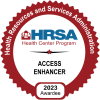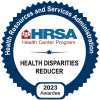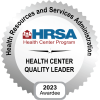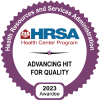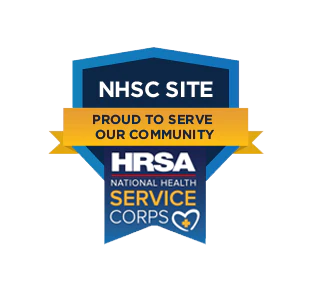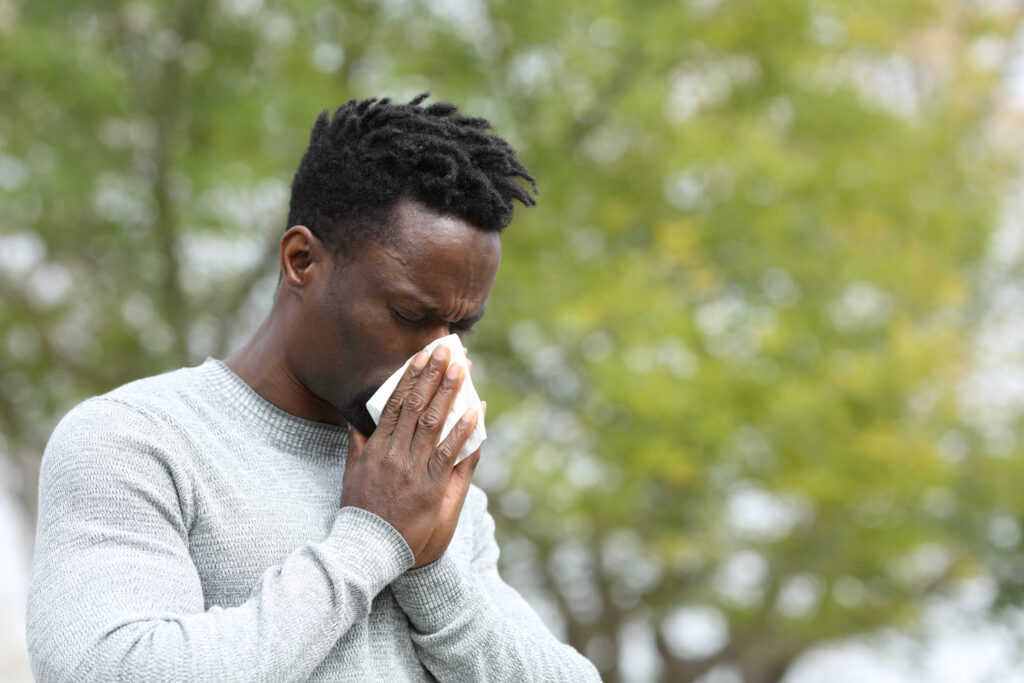
This blog post was written by Danica Keeton, Director of Development and Community Relations, at Community Health Systems.
Summer is the season of sunshine, barbecues, and beach trips. Unfortunately, for those of us who suffer from summer allergies, it can also be the season of runny noses, itchy eyes, and non-stop sneezing. While it’s easy to feel hopeless when allergy symptoms take over, there are many simple steps you can take to make sure your allergies don’t ruin the fun. Whether you’re a long-time allergy sufferer or a first-time seasonal sniffler, keep reading for tips and tricks to ease your symptoms!
What affects summer allergies?
Two of the most common summer allergens are grass pollen and ragweed. Grass pollen is a fine powder released by the grass as part of its reproductive process. It’s one of the most common allergens and can trigger allergic reactions such as sneezing, itchy nose, eyes, throat, and congestion. Ragweed, on the other hand, is a plant that grows in the summer and fall. It’s known for its tiny grains of pollen that can travel for miles and cause allergic reactions like hay fever, asthma, and skin rashes.
Symptoms of grass pollen and ragweed allergies can vary from person to person, but common symptoms include sneezing, runny or stuffy nose, itchy eyes, mouth, or skin, and fatigue. Some people may also experience headaches, earaches, or a decreased sense of taste or smell.
How Can I Alleviate my Symptoms?
To alleviate allergy symptoms, experts advise avoiding exposure to allergens as much as possible. This means staying indoors during peak pollen hours, usually early in the morning and late in the evening, and keeping your windows and doors closed. If you must go outside, wear sunglasses or goggles to protect your eyes, and use a pollen mask to filter out allergens. It is also important to know your triggers so you can take steps to avoid them.
Another way to alleviate summer allergies is by taking over-the-counter allergy medications. Antihistamines such as Claritin, Zyrtec, and Allegra can help relieve sneezing, itching, and runny nose, while decongestants such as Sudafed can help reduce nasal congestion. However, it’s important to read the labels carefully and consult with your healthcare provider at Community Health Systems before taking any medication, especially if you have any underlying health conditions.
CHS Can Help.
Summer allergies can be annoying and disruptive to your daily life, but they don’t have to ruin your summer. By understanding what causes grass pollen and ragweed allergies and taking steps to reduce your exposure to allergens, you can alleviate your symptoms and enjoy your summer to the fullest. Remember, if your symptoms persist or worsen, consult with your healthcare provider for further advice and treatment. The Providers at CHS are here to answer any of your questions. Call 608-361-0311 to schedule today.






